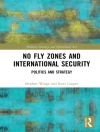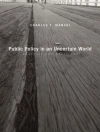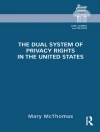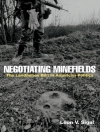In this provocative book, Peter Gries directly challenges the widely held view that partisan elites on Capitol Hill are out of touch with a moderate American public. Dissecting a new national survey, Gries shows how ideology powerfully divides Main Street over both domestic and foreign policy and reveals how and why, with the exception of attitudes toward Israel, liberals consistently feel warmer toward foreign countries and international organizations, and desire friendlier policies toward them, than conservatives do. And because most Congressional districts have become hyper-partisan, many politicians today cater not to the ‘median voter’ in their districts, but to the primary voters who elect them. The perverse incentives of the U.S. electoral system, therefore, are empowering the ideological extremes, contributing to elite partisanship over American foreign policy.
The Politics of American Foreign Policy weaves seamlessly together in-depth examinations of the psychological roots and foreign policy consequences of the liberal-conservative divide, the cultural, socio-racial, economic, and political dimensions of American ideology, and the moral values and foreign policy orientations that divide Democrats and Republicans. Within this context, the book explores in detail why American liberals and conservatives disagree over US policy relating to Latin America, Europe, the Middle East, East Asia, and international organizations such as the UN.
Sobre el autor
Peter Hays Gries is the Harold J. & Ruth Newman Chair & Director, Institute for US-China Issues and Professor in the Department of International and Area Studies at the University of Oklahoma. He is the author of
China’s New Nationalism: Pride, Politics, and Diplomacy, and coeditor of
Chinese Politics and
State and Society in 21st-Century China.












